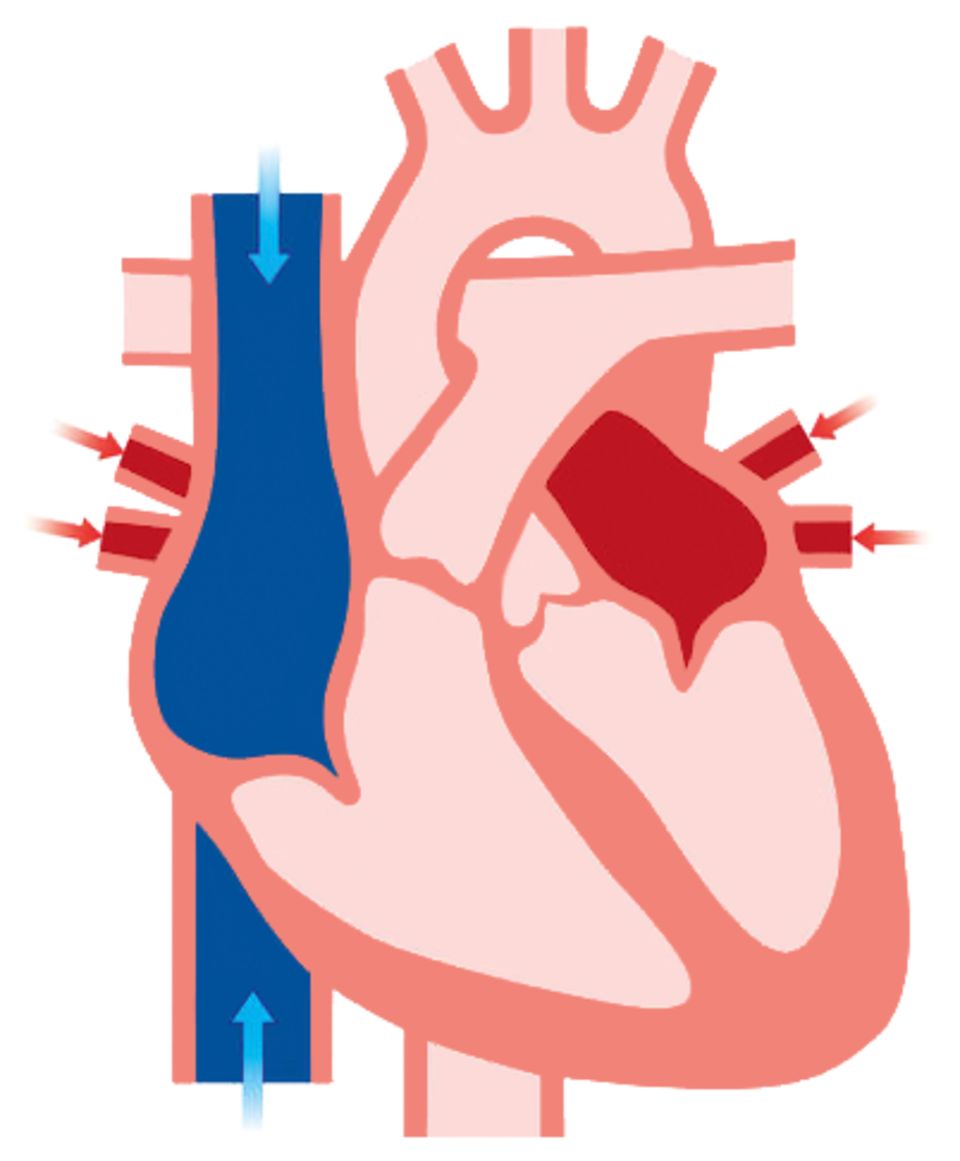
Supraventricular tachycardia is not usually life-threatening. The two main types of tachycardia are supraventricular tachycardia (problem with the upper chambers of the heart) and ventricular tachycardia (problem with the lower chambers).

Some forms of tachycardia are easily treated and not serious, but others can be life-threatening. Tachycardia is when your heart beats too fast, generally more than 100 beats per minute. Other abnormal rhythms are more serious and can be life-threatening if left untreated.Ībnormal rhythms are classified by their rate and rhythm: fast heartbeat (tachycardia), slow heartbeat (bradycardia) or irregular heartbeat. Some may cause your heart to skip or add a beat now and again but will usually have no effect on your health or ability to lead a normal life. There are many kinds of abnormal heart rhythms.

See your doctor if you have more frequent or consistent palpitations, which may be associated with a serious abnormal heart rhythm. Palpitations may have no obvious cause, but can be triggered by:Īn occasional palpitation that does not affect your general health is not usually something to worry about. Almost everyone has palpitations at some time in their life. It may feel like your heart is racing, thumping, fluttering, pounding or skipping beats. Palpitations are a sensation or awareness of your heart beating. Changes in your heart’s electrical system can cause abnormal heart rhythms External Link, also called ‘arrhythmias’. Sometimes, your heart’s electrical system may not work properly because of heart disease, some medicines, or sometimes for no known reason. In a healthy heart, regular electrical signals cause the heart to contract and relax in a steady rhythm of 60 to 100 beats per minute. Normally, the pumping action of your heart (your heartbeat) is controlled by your heart’s electrical system. She’s also a former ACE-certified personal trainer.Your heart is a muscle that pumps blood, oxygen and important nutrients to all parts of your body. Lorra Garrick has been covering medical, fitness and cybersecurity topics for many years, having written thousands of articles for print magazines and websites, including as a ghostwriter. Lepor has focused on prevention and treatment of coronary heart disease. Having performed over 4,000 coronary angiograms and angioplasties, Dr. Ear abnormalities/Eustacian tube dysfunction.If a heartbeat in your ear has you worried, discuss this with a cardiologist. The most common symptom of hearing loss is that of asking someone to repeat what they just said - the listener simply thinks the speaker didn’t talk clearly or loud enough. In fact, many people have hearing loss and don’t realize it, since hearing loss develops insidiously and is painless. Nevertheless, it certainly won’t hurt to report this to a cardiologist and get an exam to rule out a less-than-benign cause - especially if you also hear it when not in bed or lying down. The arteries near your ear are very close to your heart, so it shouldn’t be surprising if you pick up a little heartbeat in certain positions in bed. Remember, the arteries are like pipes that run throughout a house, in that when water is gushing out of a particular pipe, you can hear this if you press your ear to a wall in another part of the house - pipes, or arteries, can conduct sound. If you’re experiencing a heartbeat in your ear, however, don’t jump to the conclusion that you necessarily have hearing loss, carotid artery disease or an A-V malformation. “If one senses a ‘swooshing sound’ in one’s ear, that can be related to an abnormality of the blood vessels in the brain called A-V malformation that can only be diagnosed with imaging studies such as CT, MR or angiography.” Lepor continues, “Patients with high blood pressure surges and blockages in the main arteries to the brain (carotid artery) can also have pulsatile tinnitus. It occurs in patients who have conductive hearing loss that leads to increased sensitivity to internal head sounds such as blood flow to the ear, chewing.”ĭr.

Lepor, MD, who’s with Cedars Sinai in Beverly Hills, CA. Lepor, MD, cardiologist and internal medicine specialist Norman E. “At some times, especially when one lies on the side with an ear on the pillow, you can hear the heartbeat in your ear,” says cardiologist Norman E. The phenomenon of having a heartbeat in your ear even has a name! You are not imagining hearing or feeling a heartbeat in your ear, as this is real and has a definite cause.


 0 kommentar(er)
0 kommentar(er)
